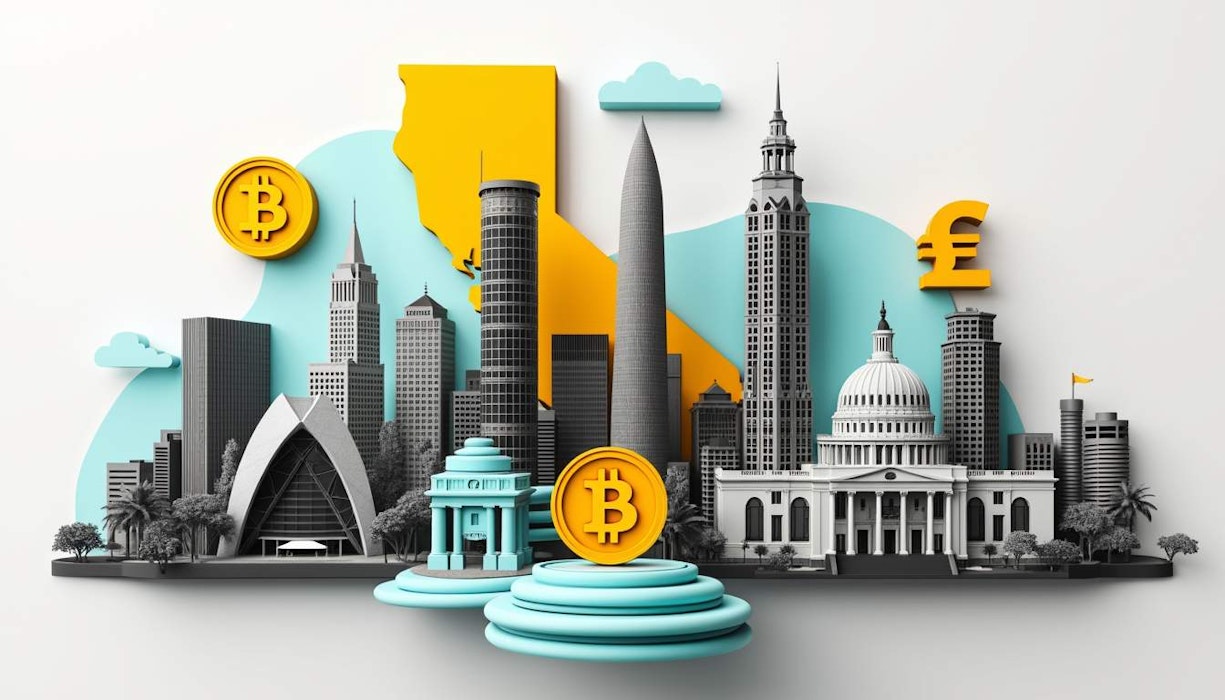What is the nature of the alleged crypto fraud involving Hay and Mayo?
Gabriel Hay and Gavin Mayo are 23-year-old men from Southern California who are facing serious charges. They are accused of defrauding investors of over $22 million through various schemes related to cryptocurrency. Specifically, they are alleged to have been involved in "rug pull" schemes during the period from May 2021 to May 2024. They collected investments for Non-Fungible Tokens (NFTs) and digital asset projects, but they never intended to deliver on their promises. Instead, they allegedly redirected the money into their own personal accounts.
How did investors uncover the fraudulent activities?
The saga began when the Vault of Gems’ social media account posted a mysterious message. This post asked, "What’s happening?" and was made in November 2021. This led to a rapid response from the community and raised suspicions about the duo’s activities. Community members quickly noticed that Hay and Mayo deleted significant parts of a Discord channel that was utilized by investors. One user—identified as Mal—highlighted their failures to deliver on a project roadmap. The actions left nearly 1,900 token owners with paper-thin investments. It’s a classic example of how the crypto community can serve as an early warning system.
What measures are authorities taking to address crypto fraud?
The duo are accused of siphoning the crypto they acquired through their alleged fraudulent projects into their wallets. They are reportedly facing multiple charges related to rug pull schemes, including various projects with names like Sinful Souls, Clout Coin, and Dirty Dogs. In an announcement, Principal Deputy Assistant Attorney General Nicole Argentieri laid out the Justice Department’s commitment to pursuing cases against scammers in this arena, indicating that the effort will continue until the threat is mitigated.
How can investors protect themselves from similar scams?
Investors are often left wondering how to safeguard their assets from scams like this. The good news is that there are steps to consider that may better prepare you for the reality of this landscape.
- Verify Compliance
- Transparency is Key
- Security Measures Matter
- Evaluate Aesthetics
- Investigate Customer Service
- Do Your Homework
- Be Wary of Promises
- Be Skeptical of Volume
- Use Tools
- Check Social Media Credibility
- Additional Research Are Essential
Are crypto trading platforms in the US more susceptible to fraud compared to traditional financial institutions?
There’s a clear distinction when it comes to the susceptibility of crypto trading platforms in the US to fraud. Yes, they are generally less secure than traditional financial institutions. The reasons are varied but noteworthy.
- Lack of Regulatory Oversight
- Nature of Scams
- Frequency
Compared to traditional banking systems or stockbrokers, crypto is simply a wild frontier.
How does the regulation of crypto apps in the USA compare to other countries in preventing fraud?
The regulation of crypto apps in the USA is complex and varied. In comparison:
- USA Regulation
- European Union
- Japan
- China
- Canada
- International Cooperation
The USA's multi-agency approach stands in contrast to the more cohesive frameworks seen in some other nations, but overall the landscape is filled with challenges for regulators globally.
